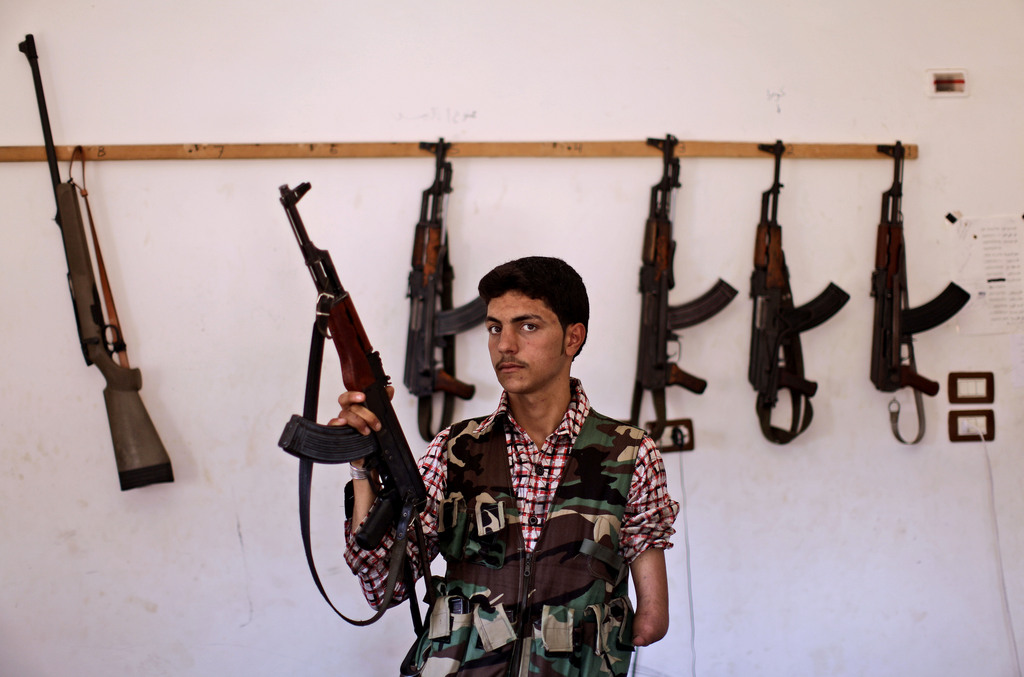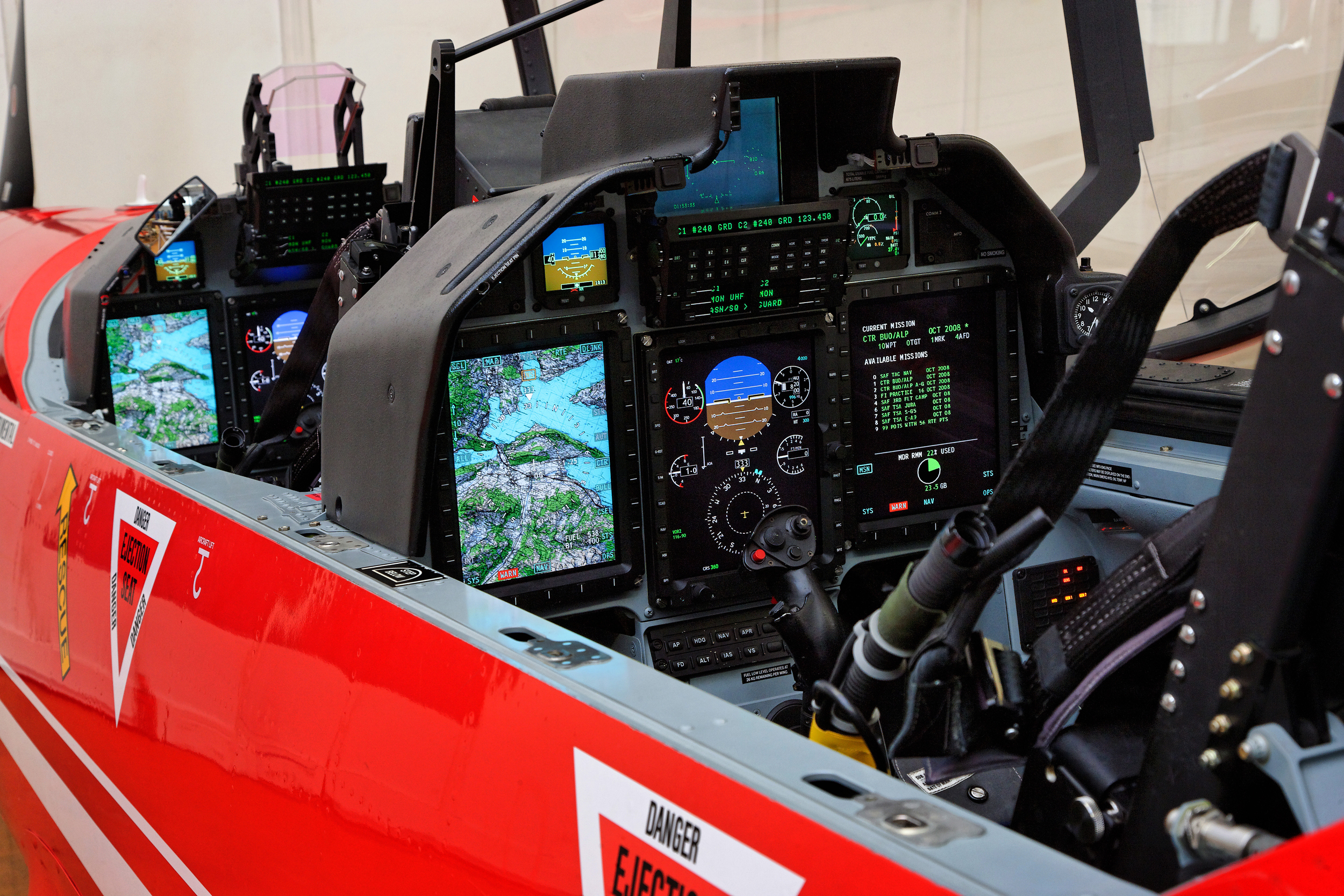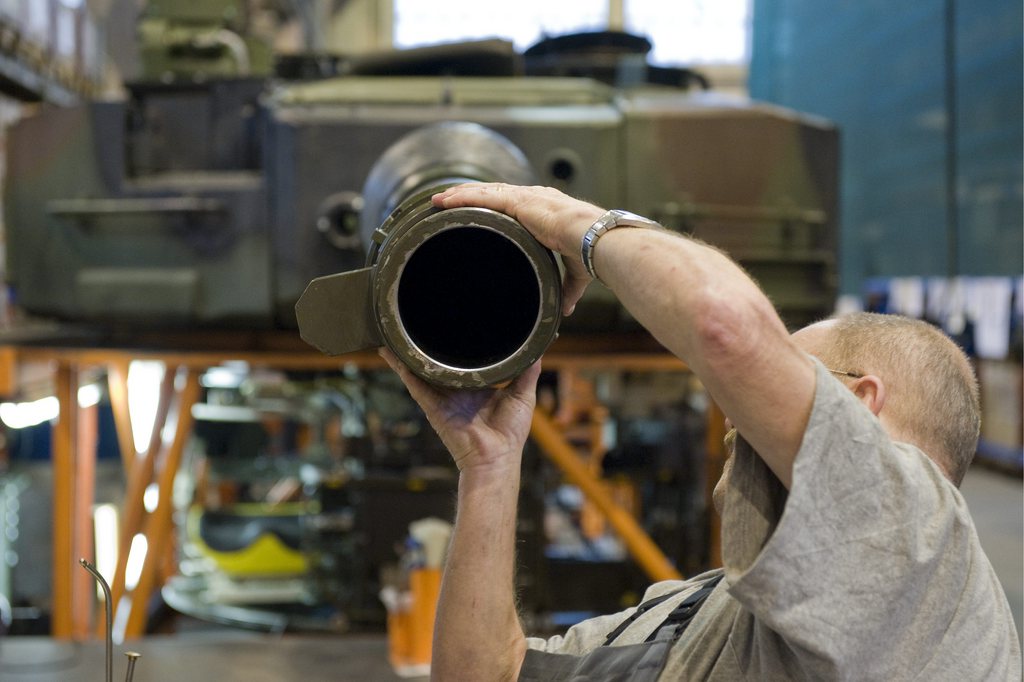Swiss weapons sale to Saudi Arabia blocked

The Swiss government has vetoed the planned sale by the firearms group KRISS of weapon components to Saudi Arabia, arguing that the weapons made from them could be used to violate human rights.
The Swiss group’s application for an export licence was for items worth SFr436,000 ($468,000), according to the economics ministry.
The ministry said the application was for components for pistols to be sent to the United States for assembly, and then exported to Saudi Arabia for use by the Royal Guard.
Government spokesman André Simonazzi told journalists on Wednesday that ministers had used their “margin for manoeuvre”.
Normally an export licence is only granted if the receiving government provides a declaration stating that the material will not be re-exported. However, this non-re-export declaration may be waived when individual parts are exported for integration into a product.
A statement issued by the foreign ministry explained that the government would continue to examine arms export requests on a case-by-case basis.
KRISS is based in the western Swiss town of Nyon. The proposed sale came to light on January 17, when German-language television reported that several organisations representing the arms industry had written to Defence Minister Ueli Maurer requesting a green light for the deal. They claimed that it would help preserve jobs.
The Swiss News Agency, which saw the lobbyists’ letter, reported that it described the deal as worth a total of SFr45 million ($48 million).
The pacifist Group for a Switzerland Without an Army immediately objected, alleging that the Saudi Royal Guard systematically violates human rights. The human rights organisation Amnesty International welcomed the news of the government ban.
In 2011 Switzerland exported war materiel, including components and spare parts, to a total of 68 countries.
A scandal erupted in 2012 when Swiss made grenades were discovered in the possession of Syrian rebels. It was found that they were originally exported to the United Arab Emirates and had been passed on to Jordan in 2004, from where they made their way to Syria.

In compliance with the JTI standards
More: SWI swissinfo.ch certified by the Journalism Trust Initiative



You can find an overview of ongoing debates with our journalists here. Please join us!
If you want to start a conversation about a topic raised in this article or want to report factual errors, email us at english@swissinfo.ch.